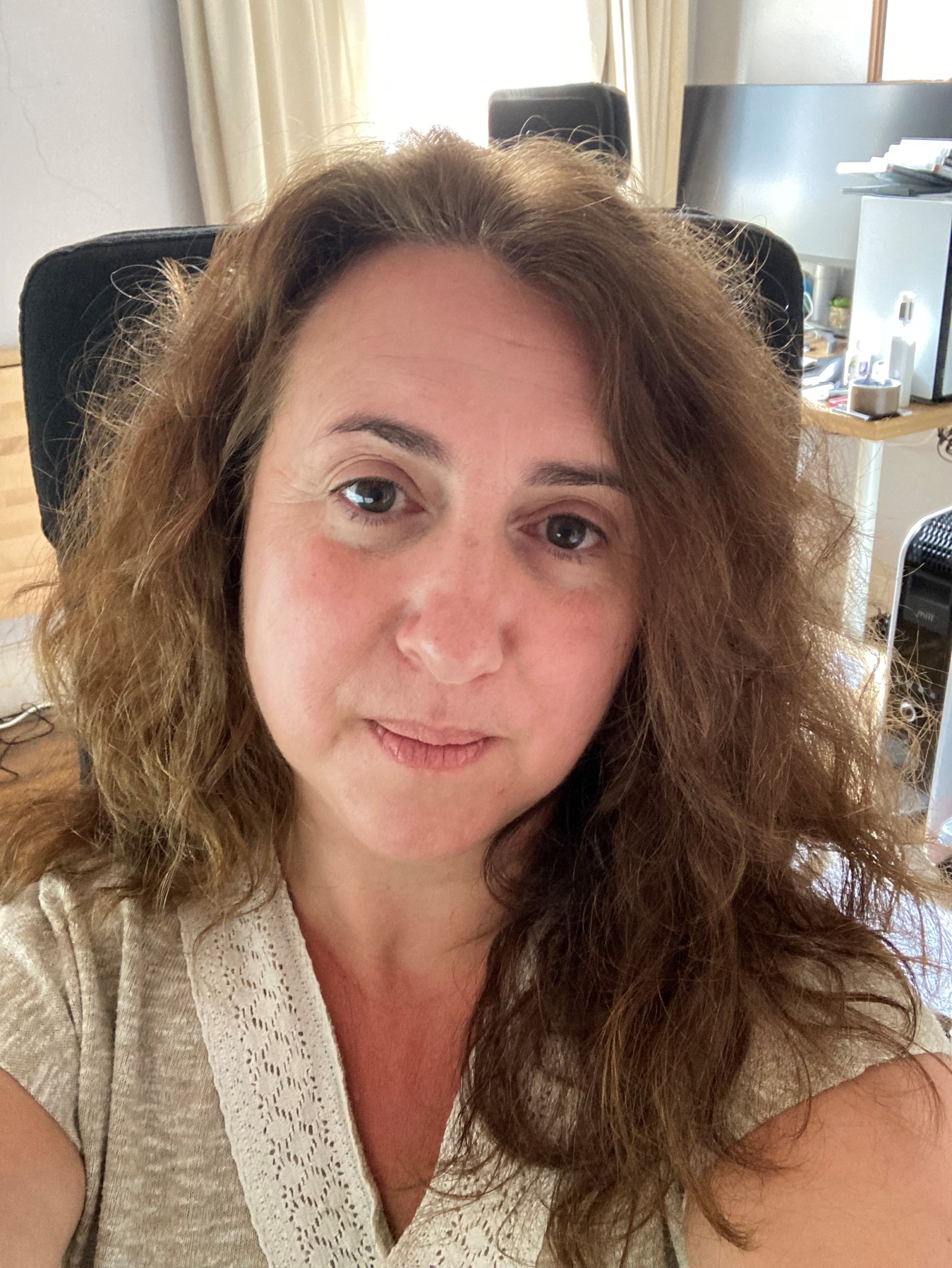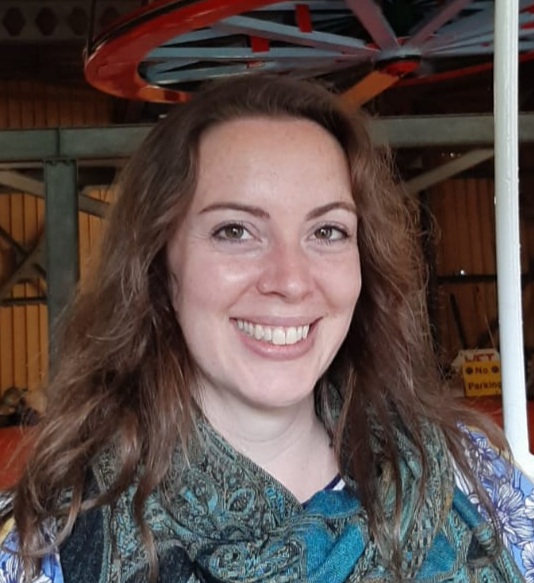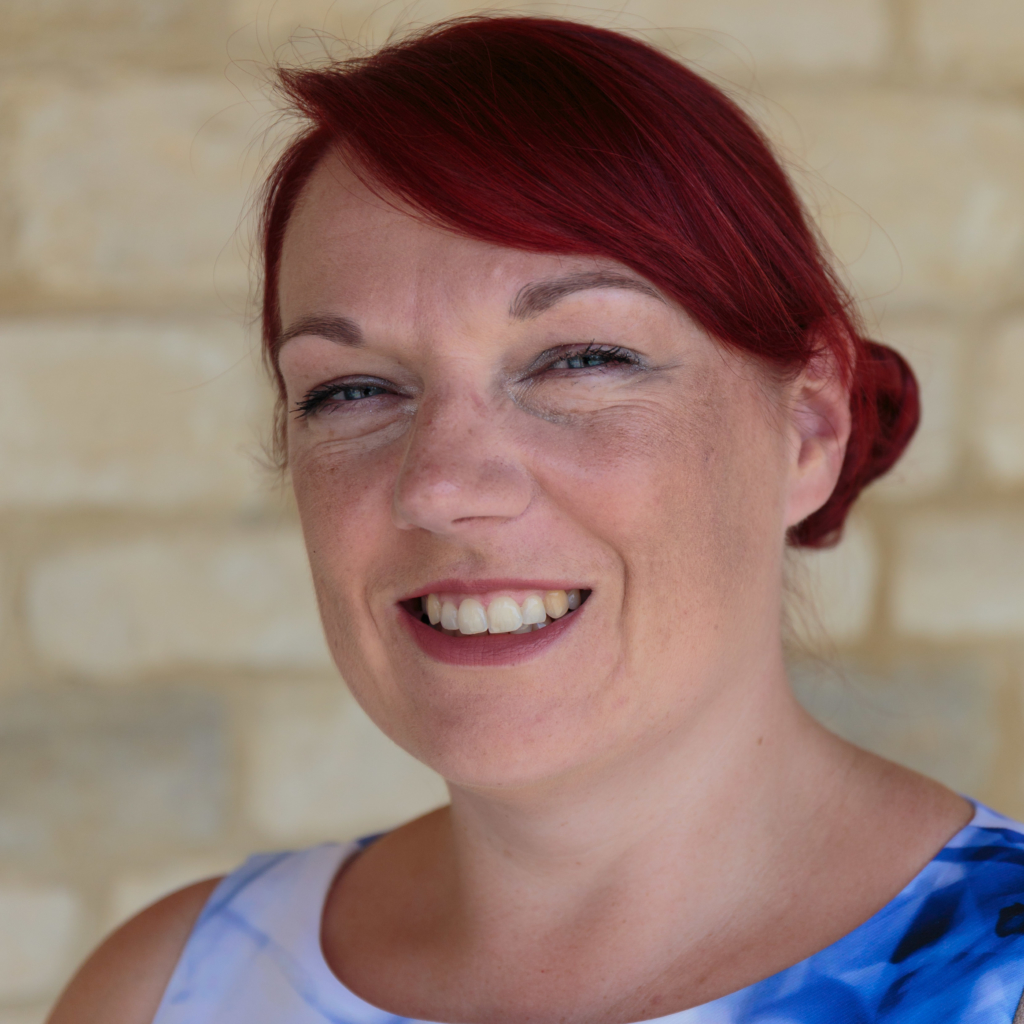Wednesday 23 June 2021
Innovation through heroism: our female engineers are leading the way
This year’s International Women in Engineering Day is about celebrating the world’s #EngineeringHeroes and the impact they make on all our daily lives.
At NNL, we are proud to have a fantastic team of women engineers, scientists and experts who are involved in driving forward nuclear science and harnessing it to benefit society more widely. To mark the day, we’re profiling two of our finest female engineers – known for recognising a problem then daring to be part of the solution, and who undertake everyday ‘heroics’ as much as emergency ones.
Dr Caroline Meek, Structural Integrity Engineer, and Eve Mullen, Area Project Engineering Manager, tell us about their own heroes who inspired their careers, how they have been applying their specialist skills and knowledge during the pandemic and what they see for the future of women in the profession.
 |  |
What does your role involve at NNL as the national laboratory for nuclear fission? How do you apply your engineering expertise daily?
Dr Caroline Meek: My day to day work mainly involves analysis of forces and stress on reactor components, vessels and waste containers, to determine whether they will withstand pressure, avoiding breakage, excessive deformation or movement. This is mostly done by using modelling software; however, some projects have involved comparing results with hand calculations.
Eve Mullen: I am responsible for developing specialist laboratory equipment, which can be operated and maintained remotely in a high radiation environment. It’s a multi-disciplinary role working with NNL, Sellafield and others in the supply chain.
Who would be your Engineering Hero? Is there a particular woman who initially sparked your scientific curiosity or influenced your career path?
Dr Caroline Meek: I would say Emily Warren Roebling, who took over construction management and completion of the Brooklyn Bridge in New York after her husband, the chief engineer, died. She was almost entirely self-taught by reading the plans, drawings and calculations from her husband’s work. Also, the story of my great grandmother who, according to family folklore, was one of the first female doctors in Russia – the idea of having that in our family inspired me to try and do something similar.
Eve Mullen: I remember learning about Marie Curie at school and being impressed with her impactful scientific achievements. However, my real early influence was my grandmother. She was a GP who raised five children on her own alongside her work, with a no-nonsense attitude and full of fascinating knowledge about the human body. Her shining example encouraged me into a STEM career, which I am grateful for.
What would you say are the everyday ‘heroics’ that people might not realise you undertake as part of your role?
Dr Caroline Meek: In my previous roles as a design engineer, I have had to do risk assessments which are critical. This involved consideration of the construction and maintenance of structural designs, finding solutions to making these safer for the teams carrying out the work, as well as the general public.
Eve Mullen: Getting the right people to communicate to each other and reminding them of the bigger picture. The impulse a lot of engineers have is to get your head down, plunge into the detail then write up a report before engaging with anyone else. I listen out for this behaviour and point people in the direction of other colleagues, experts, or stakeholders they need to engage with to produce a good quality result.
How has the Covid-19 pandemic impacted on your work as an engineer?
Dr Caroline Meek: During the pandemic, I have ensured that I continue to communicate with colleagues on all aspects of the work I do. Since working from home I keep a daily diary of all my responsibilities and conversations. This has been invaluable not only for memory but for timekeeping, auditing and quality control.
Eve Mullen: I agree. Moving to a virtual working environment has resulted in building on communication – teamwork has been more important than ever! My team have managed to operate fully remotely but still make progress in designing new NNL central lab facilities, supporting decommissioning of the Sellafield site.
NNL is the current Industrial Sponsor for Women in Nuclear, UK. How do you see the nuclear sector attracting more women into engineering and making it accessible for generations to come?
Dr Caroline Meek: Attracting future female engineers starts with ensuring that young girls from as young as six-months-old are encouraged and not discouraged from exploring the world through shapes, numbers, moving objects, machinery and transport. All parents and early years teachers could be trained and educated to watch out where they (possibly unintentionally) show bias and difference in the way that boys are encouraged to do these things, traditionally seen as boys’ pursuits.
Eve Mullen: The biggest drop-off in female interest in STEM careers I have seen is at SATs and GCSE level. That’s when maths, engineering and science seems to lose its appeal to girls, for many reasons. For example, the perception that girls aren’t good at the practical side of engineering, or girls only seeing men in engineering roles. This could also be linked to the lack of information about the many and varied careers engineering offers. It’s not just working on engines! So, I’d like to see NNL and other organisations addressing that gap through outreach work.
__________________________________________________________________________________________
Earlier in 2021, NNL achieved the National Equality Standard, a benchmark for equality, diversity and inclusion, which involved an independent, thorough assessment of our approach and practices.
After featuring in our International Women in Engineering Day 2020, we also spoke with Melissa Loyley, Principal Engineer (Mechanical) about which pioneering engineering projects she has since admired, led by other female engineers at NNL.

Melissa said: “There are few female engineers at NNL but I know of some specialist roles that are held by women that I really admire. Dr Steph Thornber, who I have the privilege of working with on the HIP100 project, has been doing some excellent research work in encapsulation which looks promising for future waste disposal.
“I also work with Naomi Rutledge, who has been doing some exciting work in robotics and virtual reality, which would be a new direction for NNL to take in development. Most female engineers (including myself) feel the need to excel in their relative disciplines, in order to receive the recognition that comes easily to male engineers. It’s not enough to just do your job and to gain recognition for doing your job well – you need to go above and beyond.”
There are also still some lasting misconceptions to be addressed about engineering and what is involved. As Melissa adds: “When I first told people that I was a mechanical engineer they assumed that meant I was a mechanic and could fix a car. Now one of my biggest passions is car design, ironically, I can probably help anyone fix their car, with the extensive knowledge on how it is built too.”
Our commitment to equality, diversity and inclusion is outlined in NNL’s new Strategic Plan – a vision to providing meaningful work to all and supporting the sector to thrive and grow.
